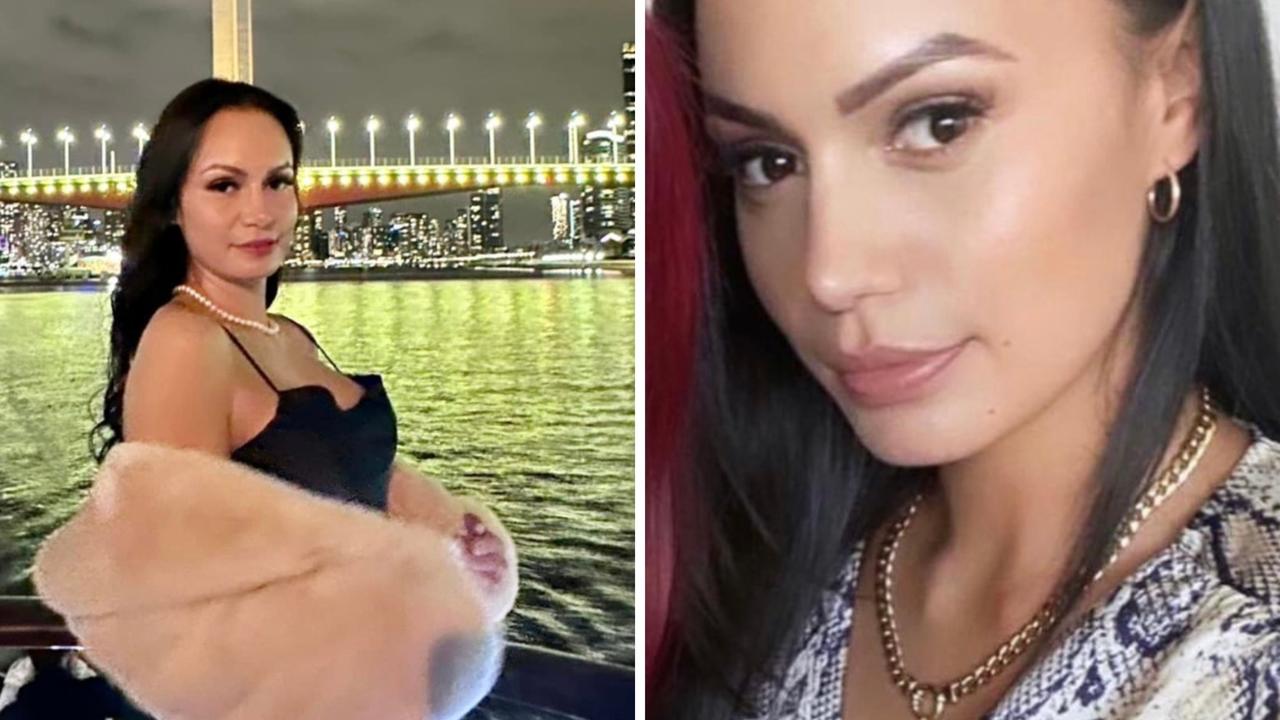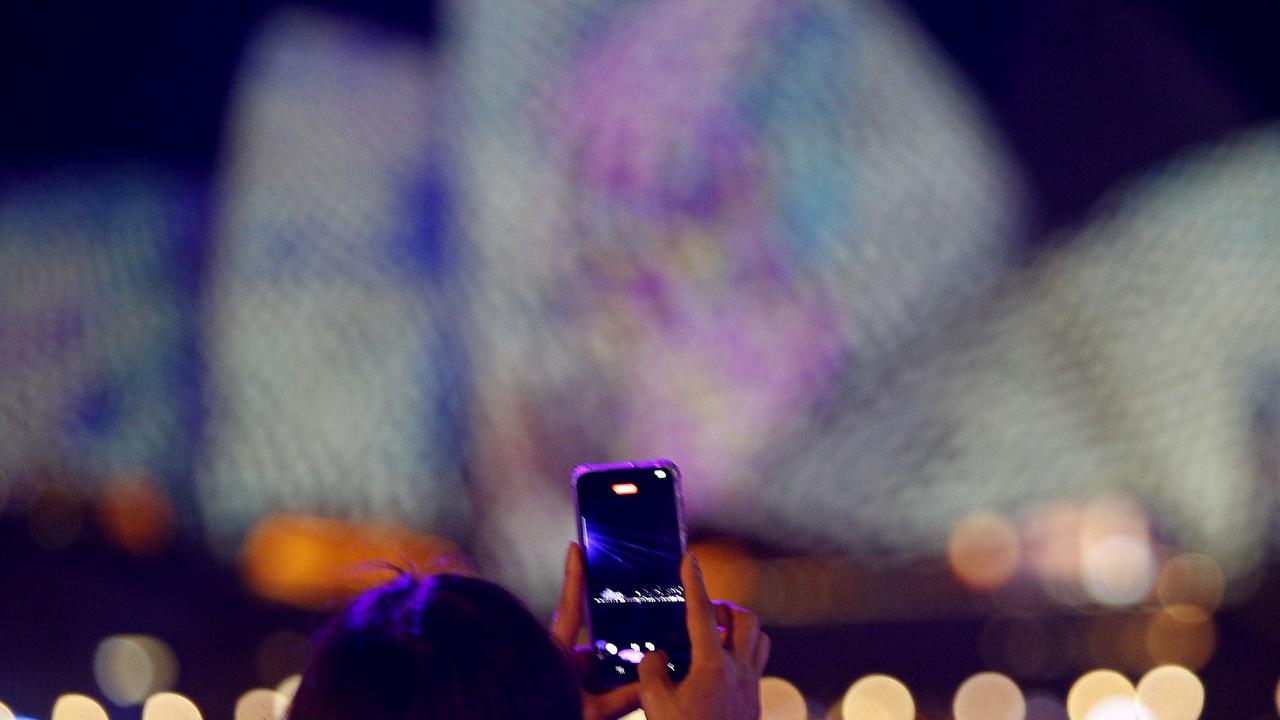‘Worse than solitary’: Jailed Australian journalist Cheng Lei reveals cruel torture and cries with thanks for the cop who helped her younger self
A famous Australian jailed overseas has described her captors’ cruellest form of punishment – and bravely revealed another horror from earlier in her life.

It’s early morning on Thursday, August 13, 2020 in Beijing, China, and journalist Cheng Lei finds herself caught in the strange, new web of the Covid pandemic.
She is alone in her apartment, feeling unwell and anxious about her children, Ava, 11, and Alex, nine. In Australia for what was only meant to be a short visit, Alex and Ava have now been stuck in Melbourne since February.
China had shut its borders, all flights had been cancelled and, for the moment, her son and daughter are being cared for by her mother, Hua Liu.
Lei, 44, checks her phone and sees she has several messages from her workplace, the China Global Television Network (CGTN). Each one – despite the early hour – is urging her to come into the office as soon as possible.
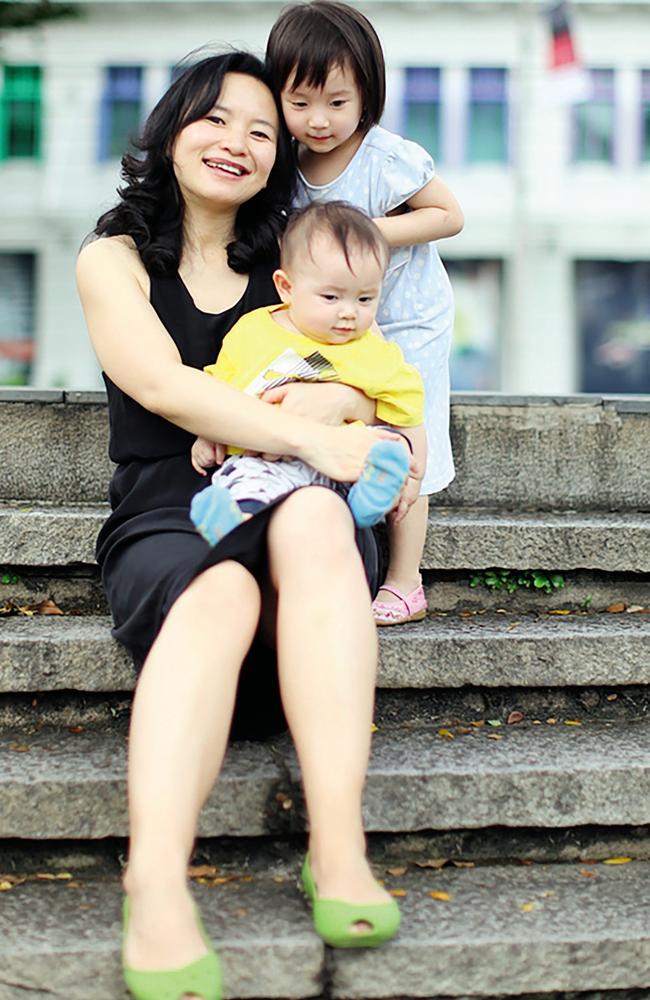
As the anchor of the Global Business Show, Lei is one of the best-known faces at CGTN’s state-owned China Central Television (CCTV).
Well liked and well respected, she has spent decades honing her reputation, so when she reads the messages saying that the director of CGTN, Mr Fan, wants to see her, Lei, despite how awful she’s feeling, hauls herself out of bed to meet with him. Lei’s been pitching a new show, one she’s very passionate about, so perhaps this meeting with Mr Fan means her series is going to get greenlit.
Catching a cab to the CCTV headquarters, then an elevator up to the 37th floor for her one-on-one meeting with Mr Fan, Lei is surprised to see some 20 people gathered around the table.
She’s also surprised to see that no one looks particularly pleased to see her.
Then a man she doesn’t recognise stands up and says: “Cheng Lei, I am informing you on behalf of the Beijing State Security Bureau that you are being investigated for supplying state secrets to foreign organisations.”
Someone steps forward and takes her handbag. Someone else takes her phone. And then Cheng Lei, journalist, television anchor, mother, daughter, partner and friend, disappears.
“They took me in these BMWs to my apartment,” Lei recalls. “When we got there, we were met by my building manager, so I knew then it had all been pre-planned.”
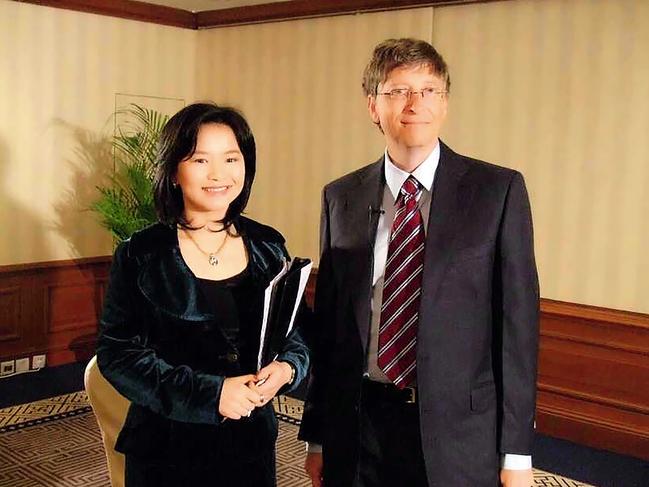
Now home in Melbourne, Lei, 49, is travelling back in time to that morning in August, 2020, and the events that unfolded after she was taken by officers from the Ministry of State Security (MSS) to her flat.
Over the next hour or so, this small but mighty woman will viscerally remember it all – the MSS officers’ eyes on her as they searched her home for hours, the female officers following her into the toilet, watching her as she changed her sanitary pad, the taut closeness of the blindfold being slipped over her eyes as they drove her away from her flat. And the feeling – just before she was bundled into the car with no idea where it was headed – of the sun on her face.
“I didn’t know how precious it was,” she says, because the next time Lei would feel the sun’s kiss on her cheek would be a year later.
All in all, Lei, who is an Australian citizen, and had been working in Asia as a journalist since 2002 – would spend 1154 days (three years and two months) – in prison.
She would first be incarcerated in Residential Surveillance at a Designated Location (RSDL) in Beijing for six months, before being transferred to another facility and eventually charged in February 2021 with illegally supplying state secrets to foreign organisations.
And while the machinations behind it are complex, suffice to say the charge stemmed from Lei texting eight words of a government briefing to a media colleague just minutes before an embargo on the document had been lifted.
In Australia such an action might have earned a journalist a slap on the wrist.
In China, it earned Lei a punishment that in her lowest moments, almost broke her.

Eventually released on October 11, 2023, Lei has written a book about her experience, A Memoir of Freedom.
It is both an exploration of China’s complex cultural, political, and legal systems, and a testament to the power of love, resilience – and century egg congee.
Lei, by the way, loves food; loves cooking it, loves eating it, and loves sharing it with friends. It was on one particularly long and lonely night that Lei realised that she was looking forward to the next day’s breakfast, because egg congee might be on the menu.
“I smiled because I knew then that despite everything I still had the capacity to look forward to something,” she says.
Which says something about Lei, because for most people it would take a lot more than the promise of a good breakfast to find the light in the very long and dark tunnel she found herself in – including her six months spent in isolation enduring the so-called sitting punishment at the RSDL.
“I think in some ways it’s worse than solitary actually,” Lei reflects, her voice matter-of-fact, and considered. “Because when you think of the poor prisoner in solitary, there’s no lights, but at least he can talk to himself, or swear, or throw his hands up, or stand up, if he’s not chained … but I found the sitting, well you have to sit there for 13 hours a day, you’re not allowed to move, you have to ask for any sort of movement.
“There are two people on either side of you the whole time. They are not allowed to speak to you, you are not allowed to speak to them, you are not allowed to speak at all.
“The curtains are closed, the lights are always on, so you sit there being watched by the cameras and these two people, just looking at you. When you sit, when you shower, when you go to the toilet, when you sleep and it is just beyond any understanding of personal space.
“That’s what it tries to do, to strip you of your identity, to make you feel helpless, to, just to drum it into you that there is no escape.”
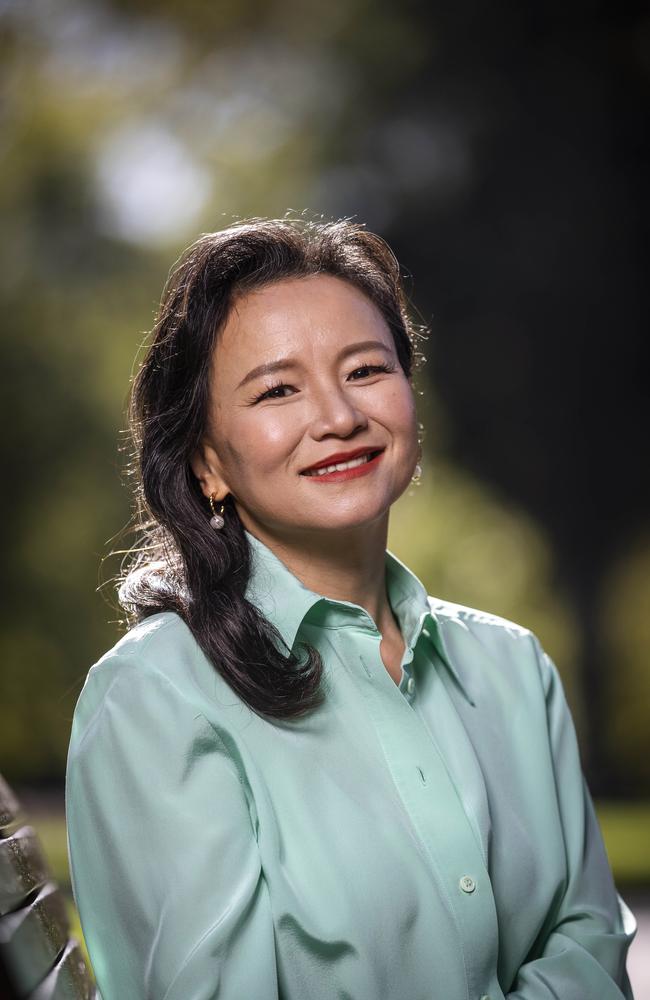
Lei says that a particular feature of RSDL is that how you are treated – what you are allowed to do, or eat, or experience – is subject to your perceived level of co-operation and self-awareness.
“It’s, Do you know how little you are? Do you know much shit you’re in? Do you know how strong the state is?’
“And if you answer yes to those accounts, then maybe they’ll give you a little bit more leeway. So, if they think they’ve got most of what they need out of you, then they can relax a little. And if they think you’re really going crazy, especially if you’re a foreigner, then again, they might relax a little.”
What might that look like?
“When I asked for it, I could get a little bit more exercise time, which consists of standing between the two guards and walking the one and a half metres to the window and back.”
How long was she allowed to do that, to stretch her legs from the endless sitting position?
“About a 10-minute stretch every few hours.”
But just because she couldn’t physically move, didn’t mean that Cheng Lei didn’t travel.
Just where she went can be found within A Memoir of Freedom’s pages …
“Concentrate on visualising the sea, blue and viscous in the evening light, Ava doing cartwheels, Alex dragging a stick he’s found somewhere along the sand, Nick (Lei’s long-term partner, Nick Coyle, 45, then the chief executive officer at the China-Australia Chamber of Commerce, or AustCham China, in Beijing and now the CEO of Qland Pharmaceuticals and Diagnostics, with the company’s headquarters in Papua New Guinea) and I holding hands, squishy sand between my toes, the wind ruffling my dress around my legs.”
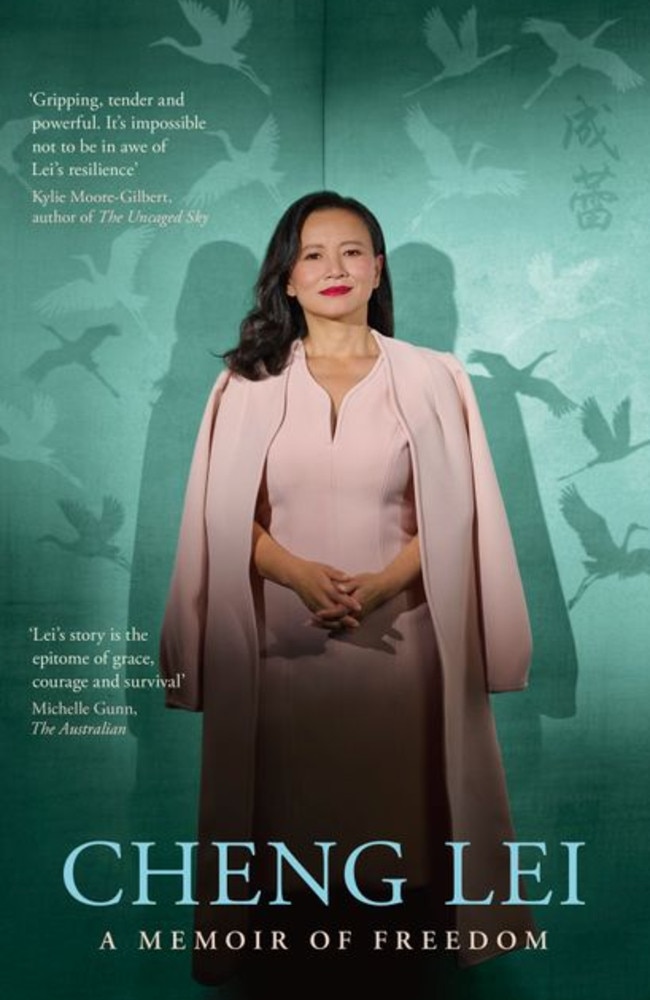
Lei smiles as the passage is read out to her. “I think that’s actually a habit from – I’ve had some unhappy episodes in my life – but I always collect these mind pictures, I call them pebbles of contentment. So when I’m having a hard time, you know, I’ll take myself somewhere,” she says.
She closes her eyes briefly. “I’m sitting in some lovely courtyard, I’m having a drink with friends and there’s birdsong, and I can smell flowers. I will take a mind picture of that and hold it so I know when the going gets tough, I can just go back there again and ride through.”
When Lei refers to these “unhappy episodes” in her life, it’s easy to imagine she’s thinking of those three years and two months she spent in prison and the ache of not knowing – and make no mistake, this is what Lei found toughest of all – if she was going to see her children again. And she is.
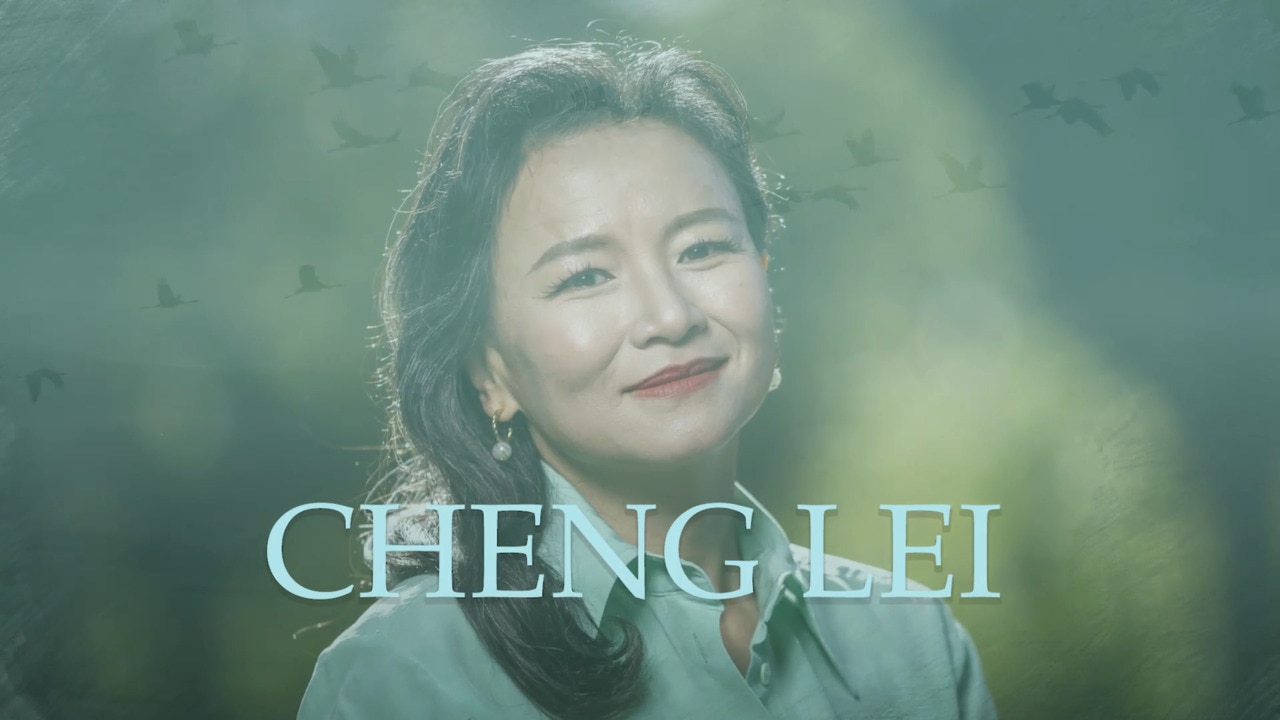
But she is also referring to another time in her life, another incident in a world culturally and far removed from her 16sq m RSDL cell with its single bed, one stool, bathroom with no door and asking permission to scratch an elbow.
She’s referring to something that happened to her in a leafy suburb in Brisbane, Australia, when she was 19. And travelling back to that time will be the only time in this interview that Cheng Lei – fiercely intelligent, multilingual, internationally respected journalist, falsely incarcerated survivor, and human rights advocate – will cry.
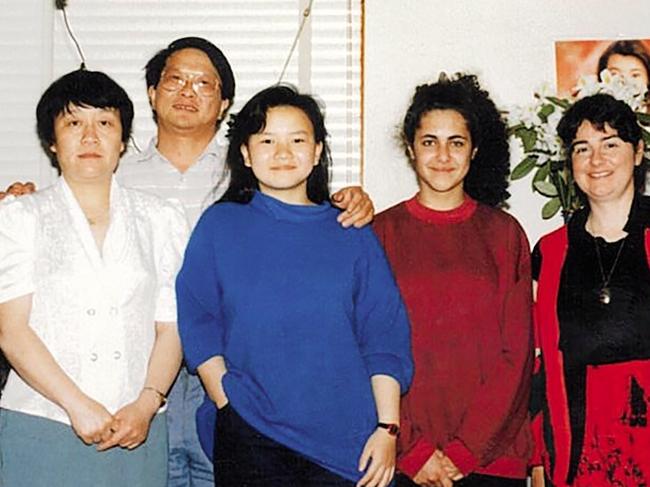
“So, in the summer of 1994, we were living in Brisbane (the Lei family had moved to Australia from China when Lei was 10) and one night my mum forgot to lock the back door,” Lei recalls.
“This guy was just cruising the neighbourhood checking all the doors and he got lucky at our house.
“He appeared at my bedroom door, holding a lighter to light up his face. Immediately I thought ‘don’t kill me, don’t rape me’. Do whatever (he asks) because he said he had a knife and he would kill me.
“So he … basically put his arm around my neck in a stranglehold position and asked me where my parents kept the money. I took him to Dad’s study where there were some electronics and a little bit of money in Dad’s wallet.
“And I didn’t want to take him to my parents’ room because I thought my dad had said he had a shotgun hidden somewhere.
“And I just had this idea that it would be much worse if I took him there, that it might escalate. So I thought ‘just keep him calm and all this will be over’.
“But then he took me back to my bedroom and raped me in my bed. And by then I screamed, but my bedroom, you know, the door was closed and also there’s a little bit of distance to my parents’ room, so they didn’t hear.
“And afterwards, as soon as he ran out, I ran to my parents’ room and my dad ran into the back yard but he was nowhere to be seen.
“My dad tried to call triple-0 but he was incoherent, so I took over the phone and then went to give an account of what happened at the police station by myself.
“I still remember the tall detective who spoke to me so kindly. I have Googled him, he’s retired but I saw a photo of him and I really hope I can see him again one day just to thank him.”
It is now, thinking of that tall detective, that Lei cries. Not because of the violence, the shock, the fear and cruelty of the attack (although of course, the tears are for all of those things) but because of the care shown to a 19-year-old girl standing alone in a police station trying to make sense of what just happened to her. Not because of cruelty, but kindness.
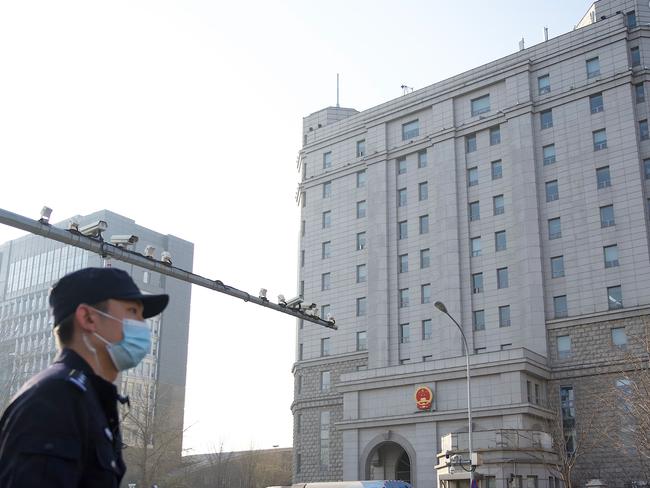
There’s another photo in Lei’s album of mind pictures. It was taken in Melbourne on October 11, 2023 and it is the moment she was reunited with her children. Ava and Alex – three years older and three years taller – but in her arms at last, full of love, full of ruffling their hair and inhaling their scent. All through her incarceration, there was an army of people working behind the scenes to secure Lei’s release.
Once her friends, colleagues, and family realised that she had not returned to her apartment on August 13, 2020, they swung into action. Her longtime partner, Coyle, doggedly advocating for her with government and officials, and keeping her name in the media; journalism colleagues in China and Australia, diplomats, ambassadors, her family – mother Hua Lia, now 79, and father Chu-yong Cheng, now 81, and her many, many friends spent hours writing letters on her behalf, and lobbying for her release.
On September 27, 2023 Lei finally entered a court in Beijing to hear her sentence – and when the judge smiled at her, it was the first time in a long time, she says, she allowed herself to exhale.
He continued to smile as he read out her sentence. Two years and 11 months – which meant that it would expire in a fortnight, which also meant deportation. Like so many similar cases, the wheels of justice turn slowly, then quickly and all at once.
A flight home, to be met at the airport by an elated Foreign Minister Penny Wong, with Prime Minister Anthony Albanese on the phone.
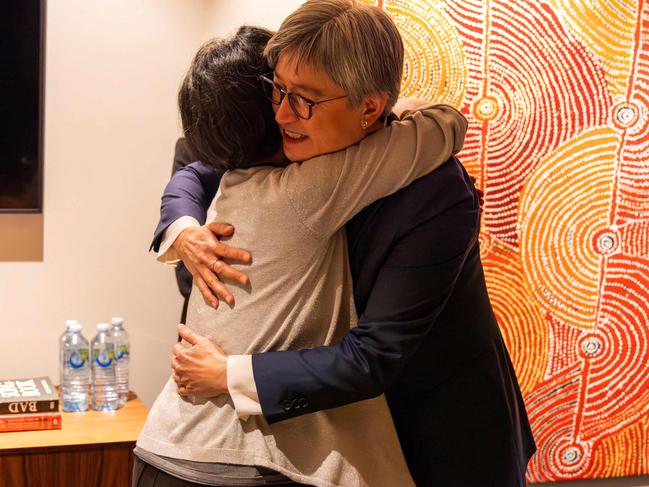
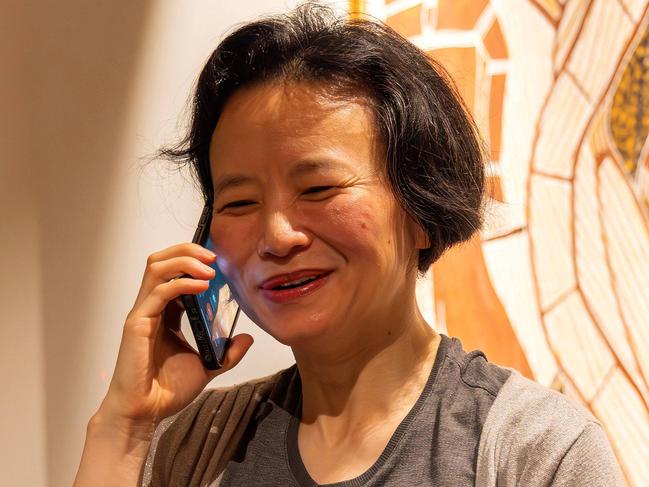
To bring Lei home had been a tricky diplomatic dance, made more complex by the politics of Covid and the decidedly icy relationship between Australia and China under the previous Scott Morrison-led government.
Now back doing what she was born to do; being a mother, getting to know her children, working as a journalist and presenter on Sky television, spending time with Coyle, immersing herself in the Australian bush, joining her local soccer team and cooking for friends, Lei is back to collecting her pebbles of contentment – but others, she says, have not been so fortunate.
Lei’s book is dedicated to “All the people still wrongfully imprisoned in China, and for all those who fought for my freedom and were my voice when I couldn’t speak.”
“When I was incarcerated,” she says, “I was always astounded that people were helping me. Strangers, government officials, journalists, all these people who helped me when I was at my most helpless.
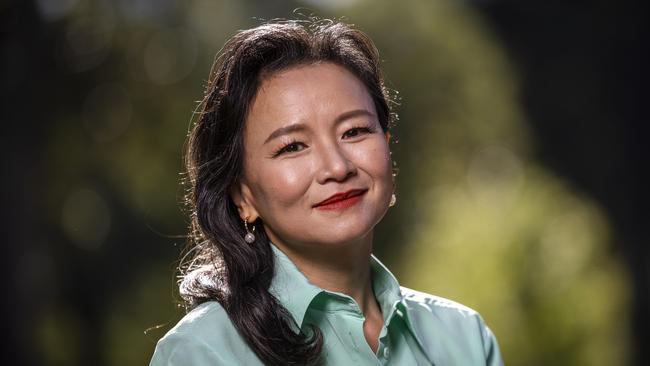
“I’ve been given this precious gift of freedom, and I think that I was treated better while I was incarcerated because they knew that people hadn’t forgotten me.
“So I know how important it is to give that gift back, whether it is by writing to Evan Gershkovich (the Wall Street Journal reporter who was detained in Russia, now released) or working behind the scenes to help other journalists I know of who are still incarcerated, but whose families do not want them named publicly, or advocating for those who are wrongfully incarcerated, I know that I have to speak for those who can’t.”
For those still in the darkness, Cheng Lei – journalist, television presenter, mother, daughter, partner and friend – is speaking out in the hope that they too may lift their faces to the sun.
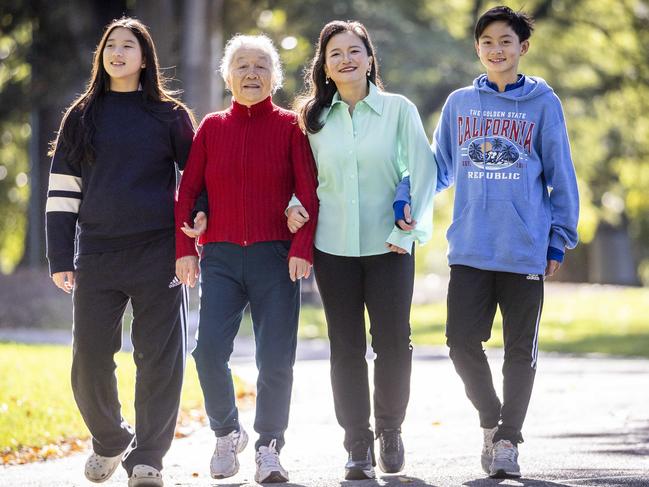
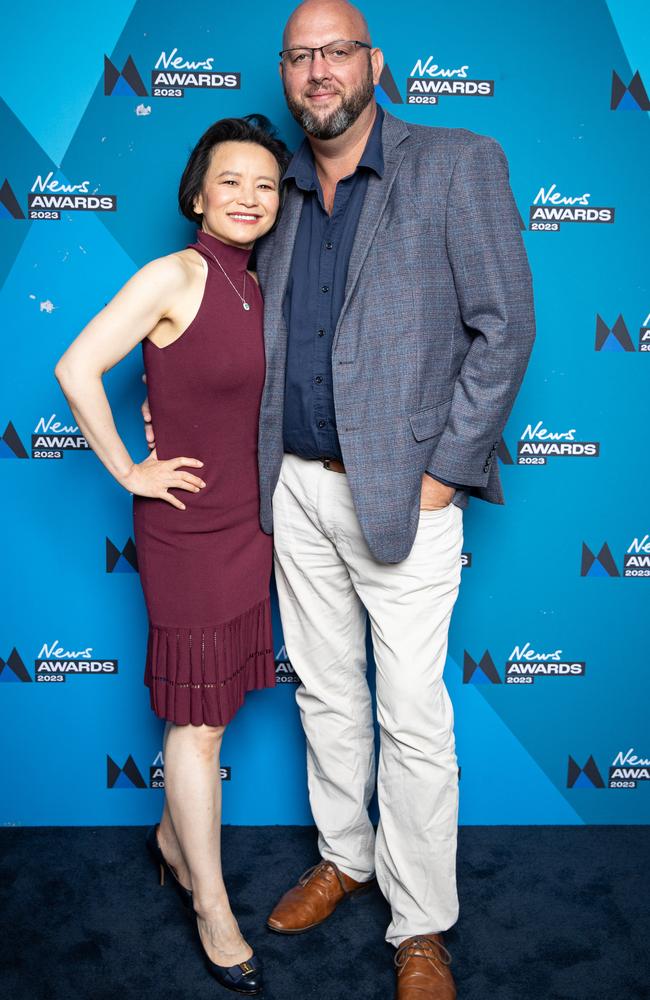
More Coverage
Originally published as ‘Worse than solitary’: Jailed Australian journalist Cheng Lei reveals cruel torture and cries with thanks for the cop who helped her younger self




